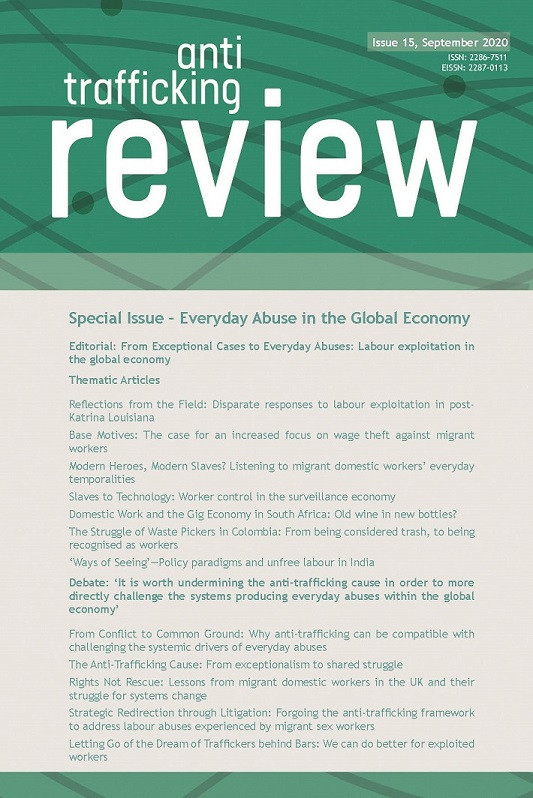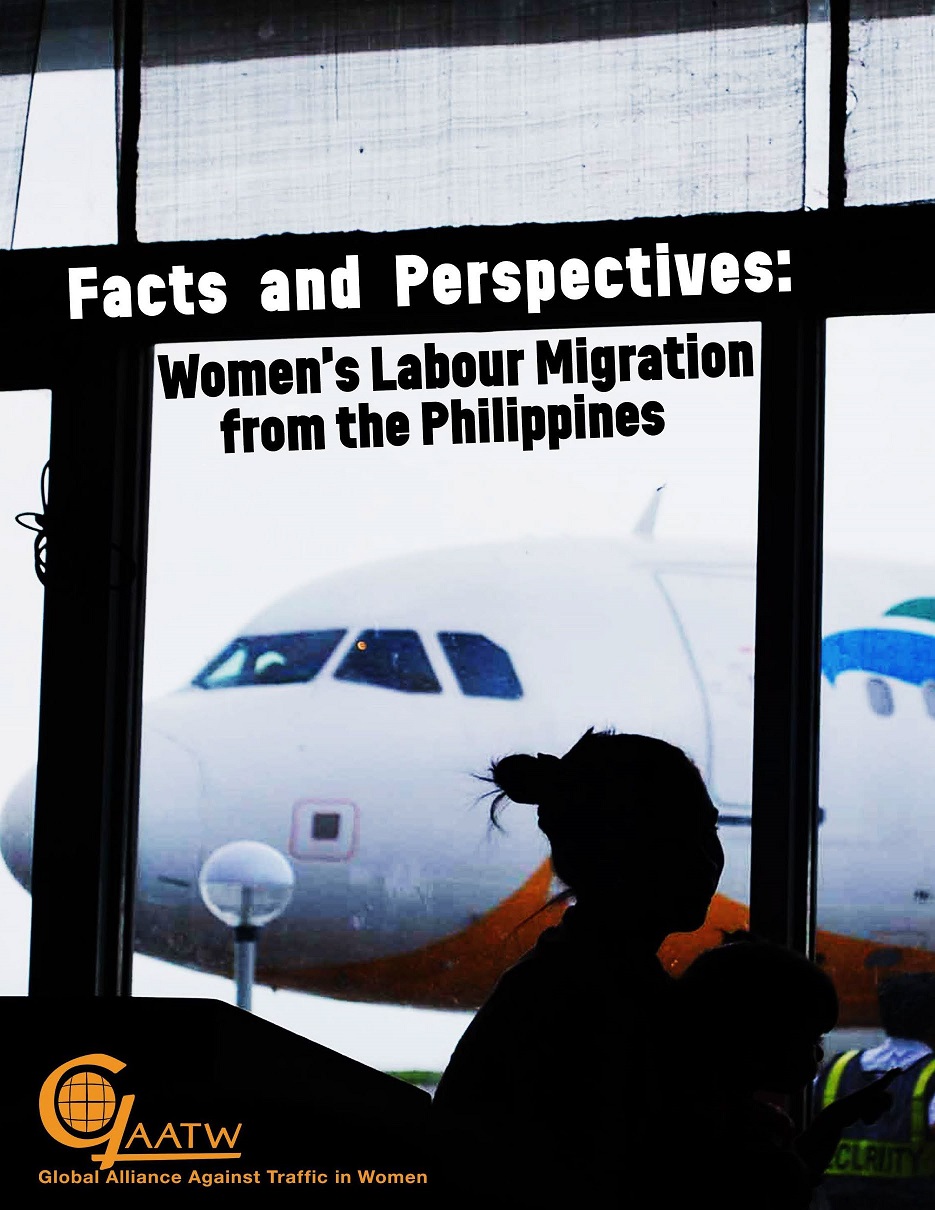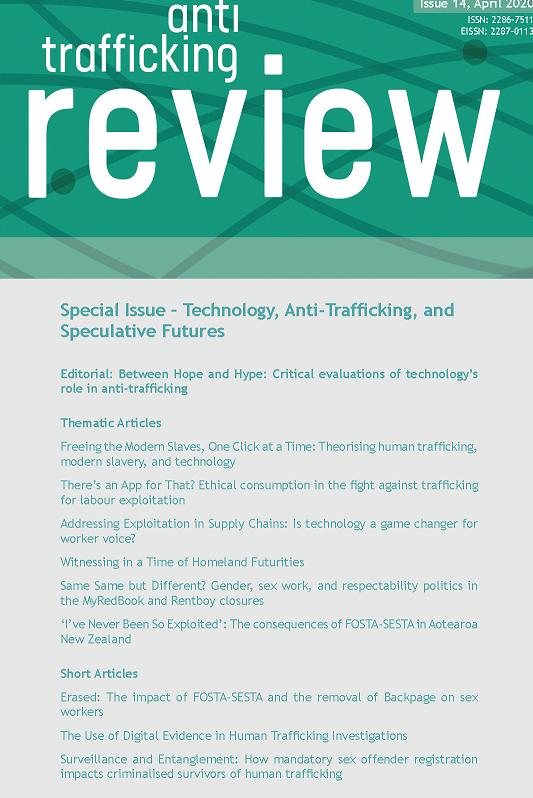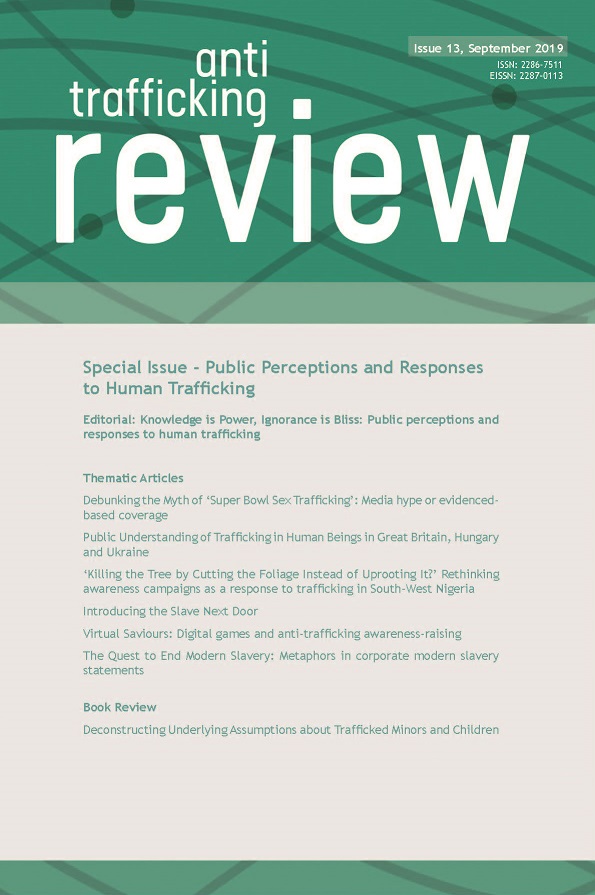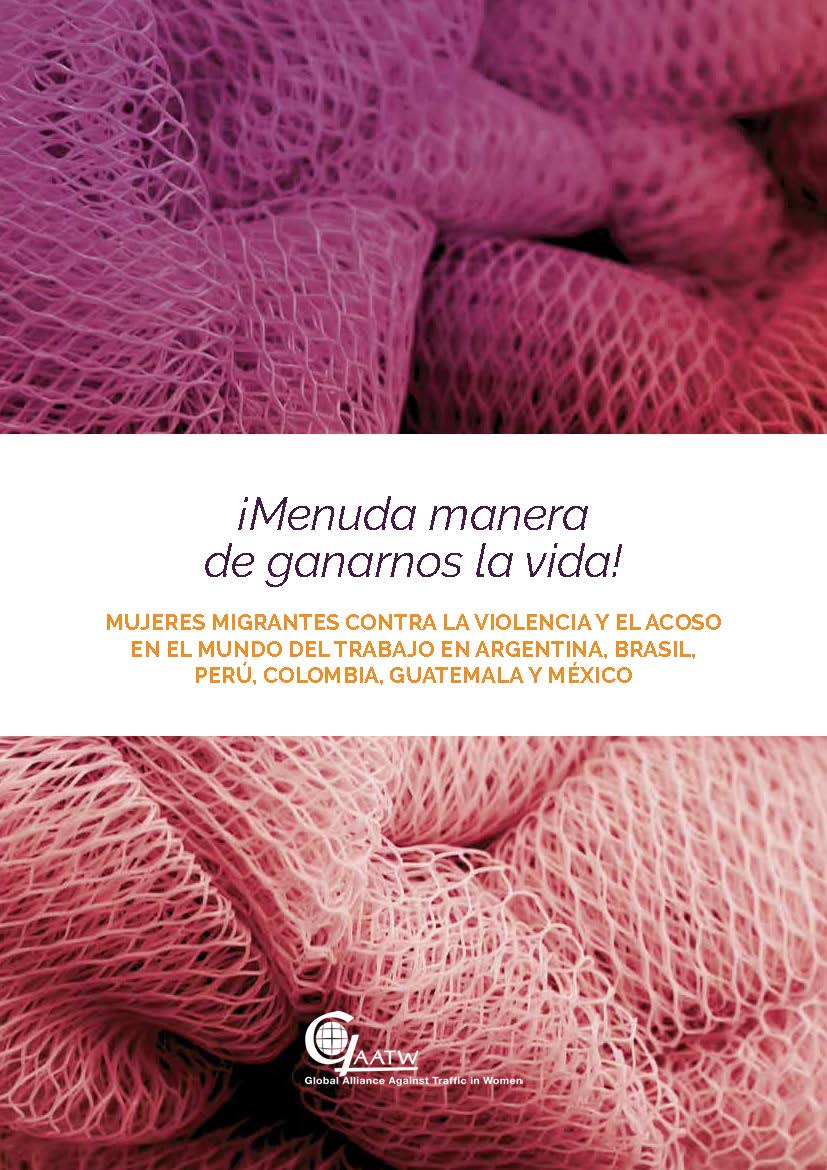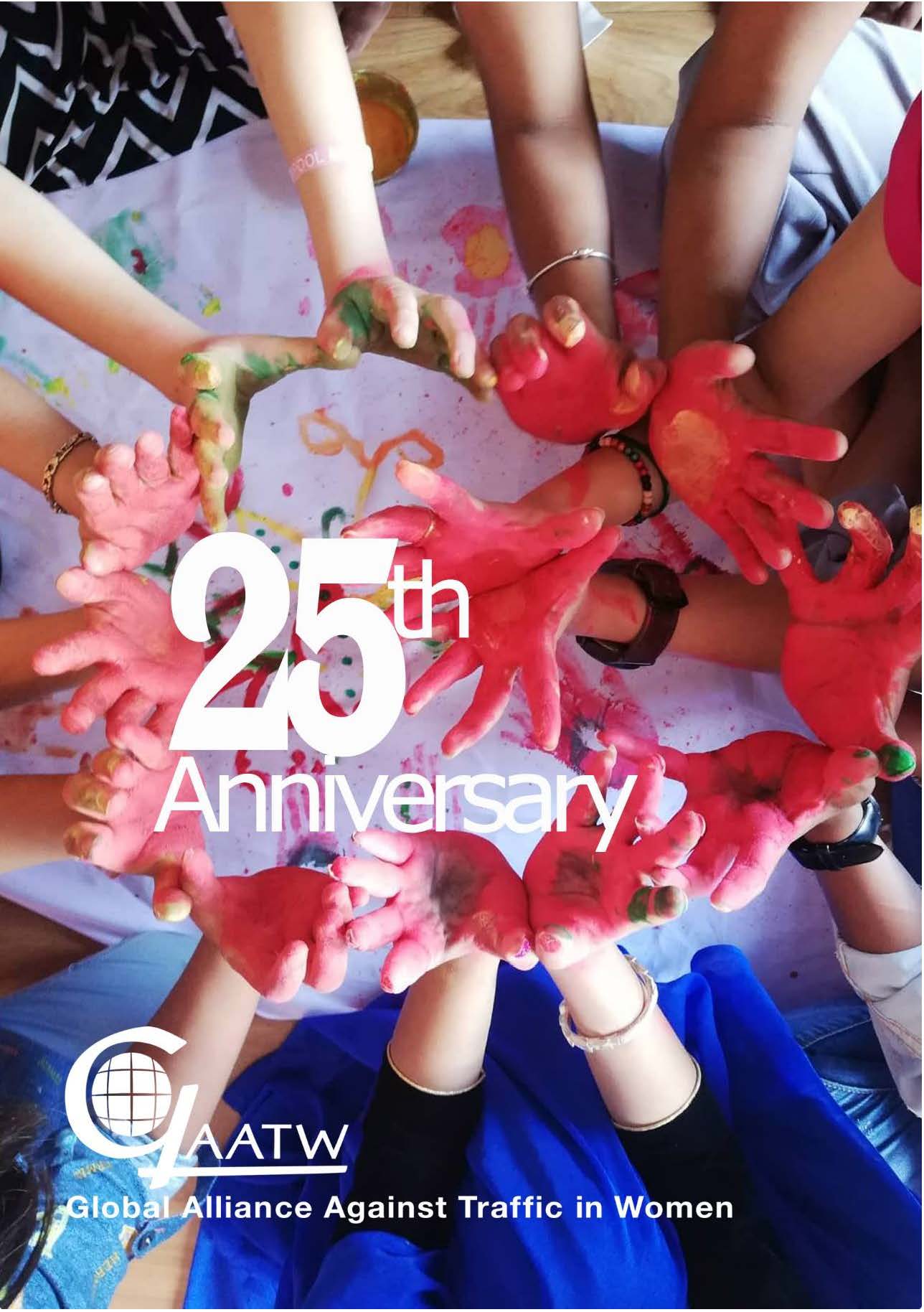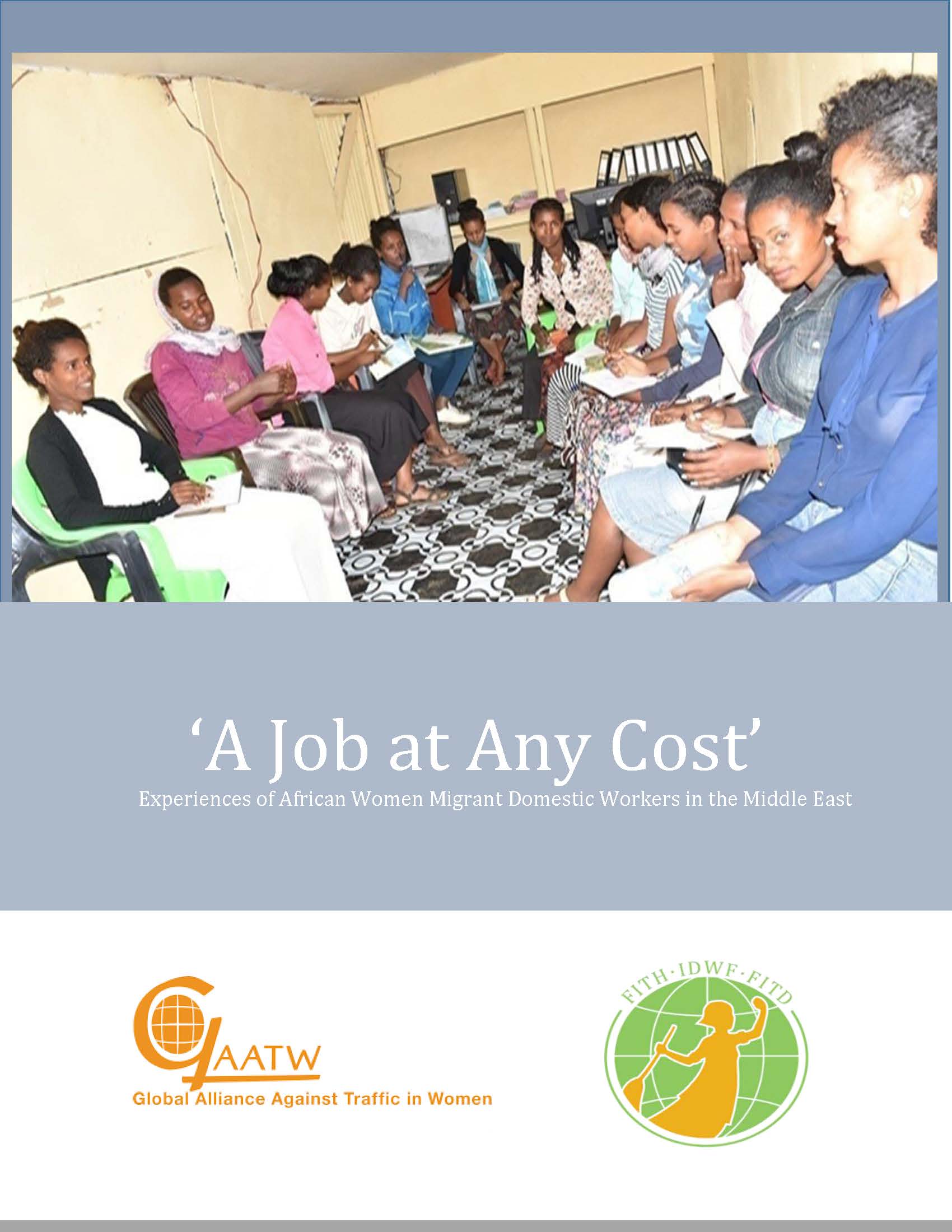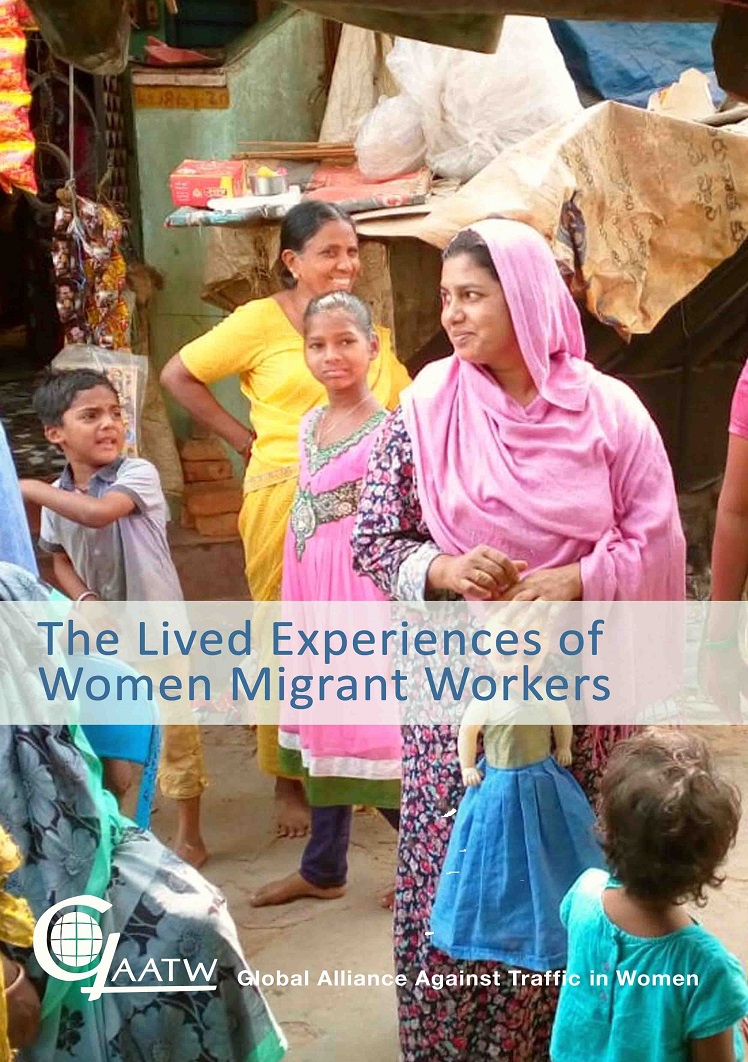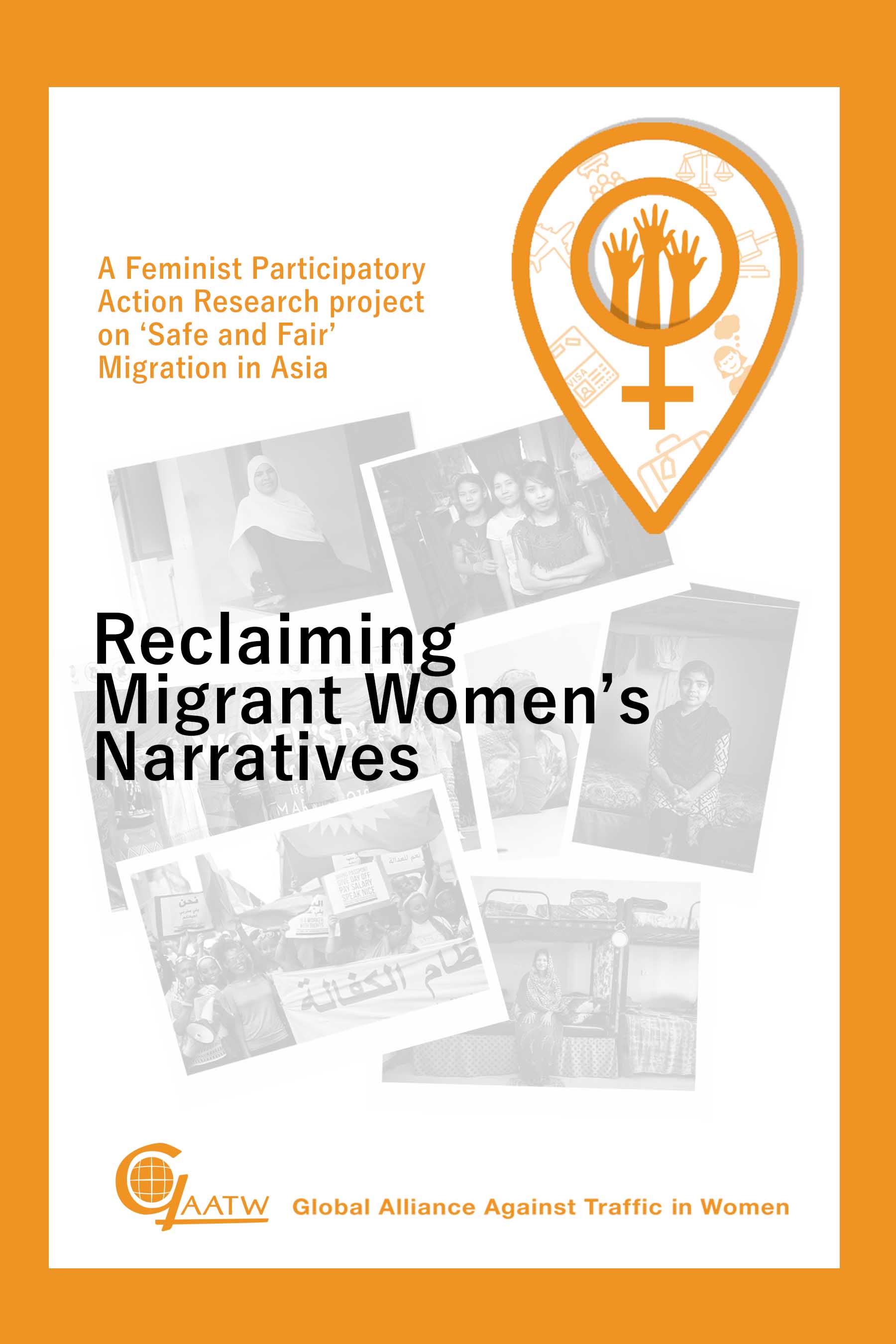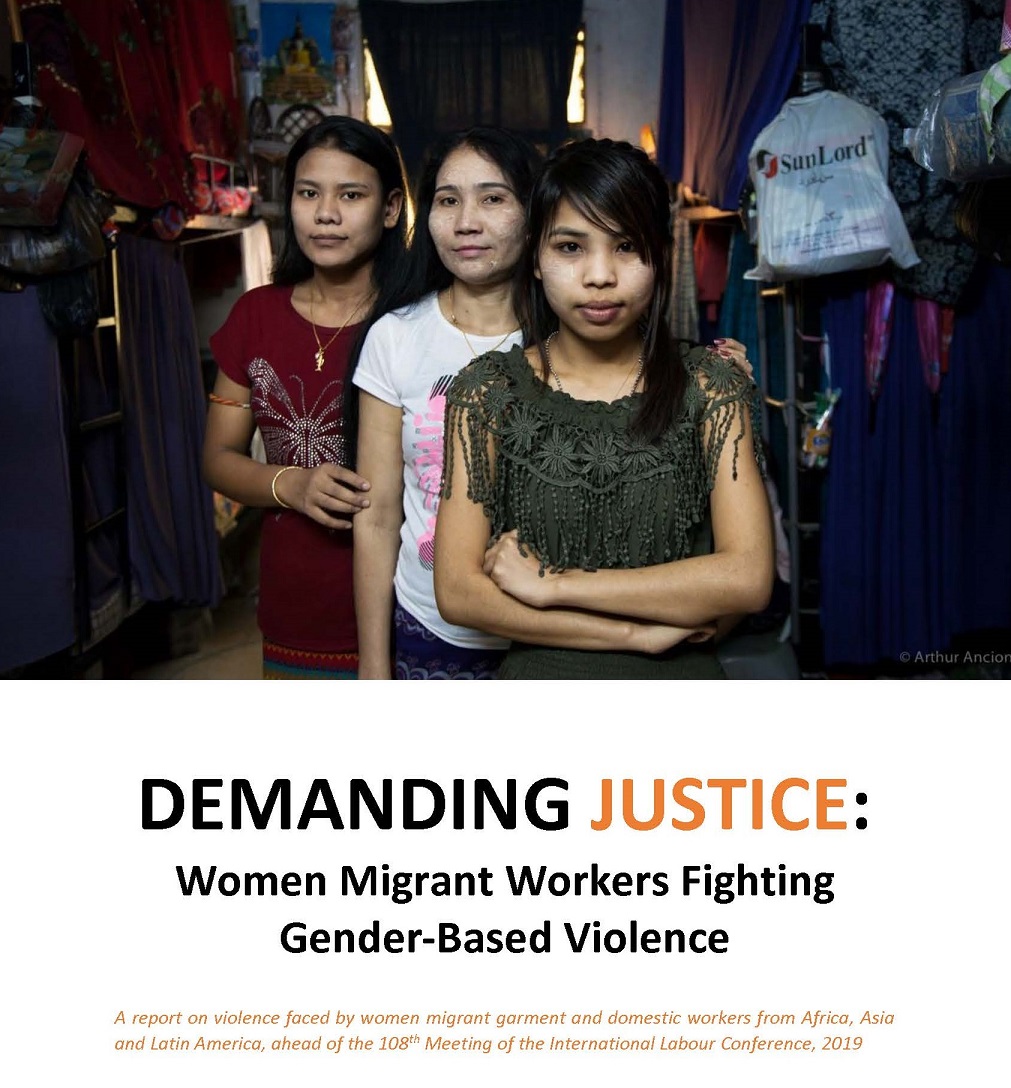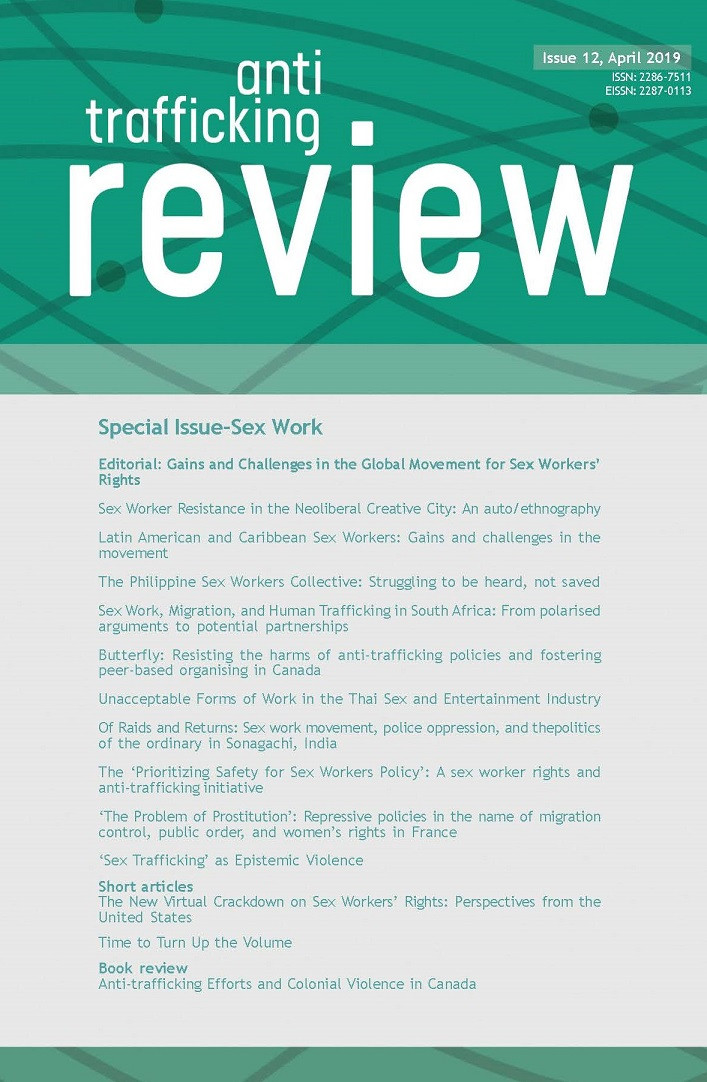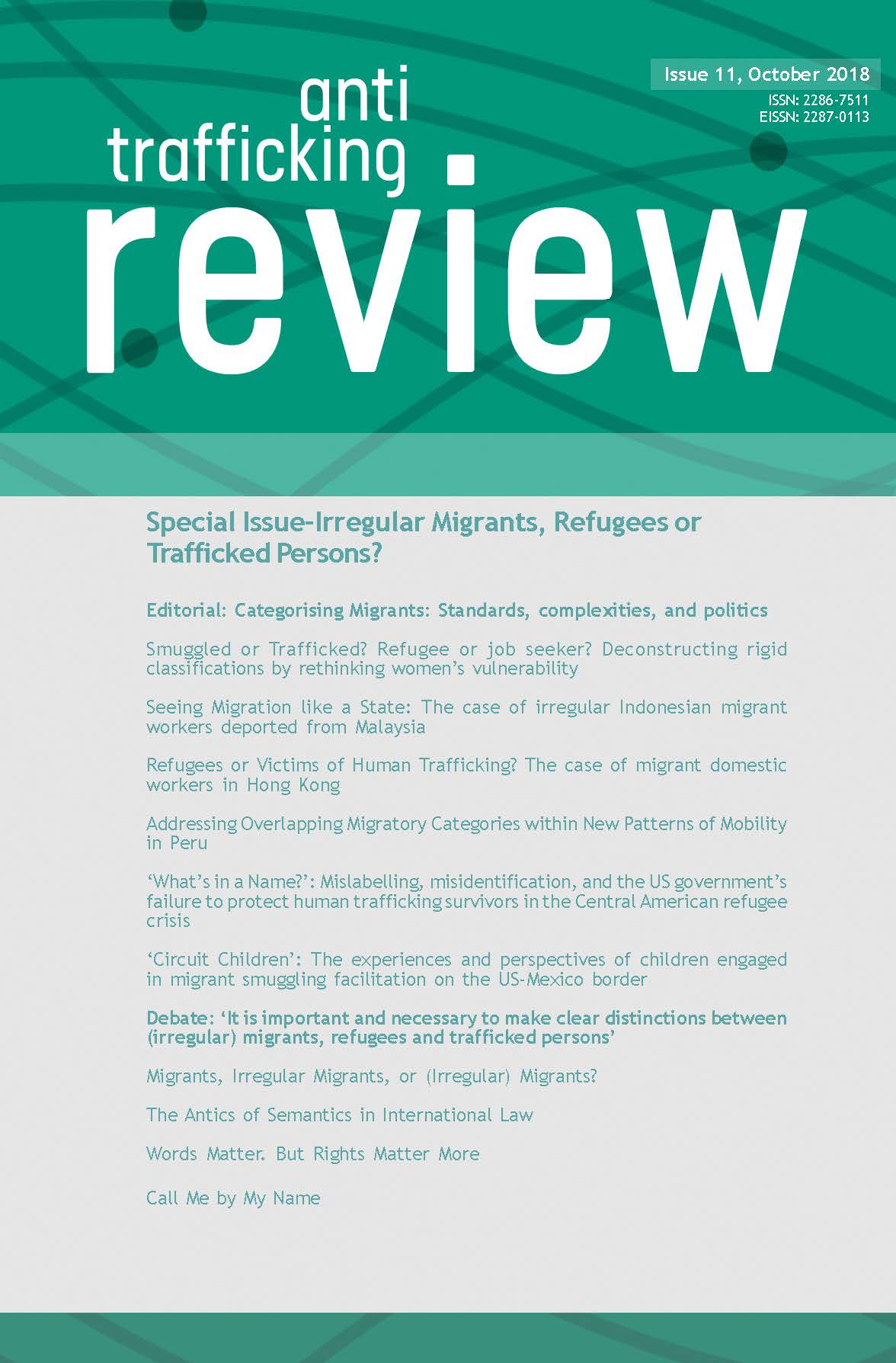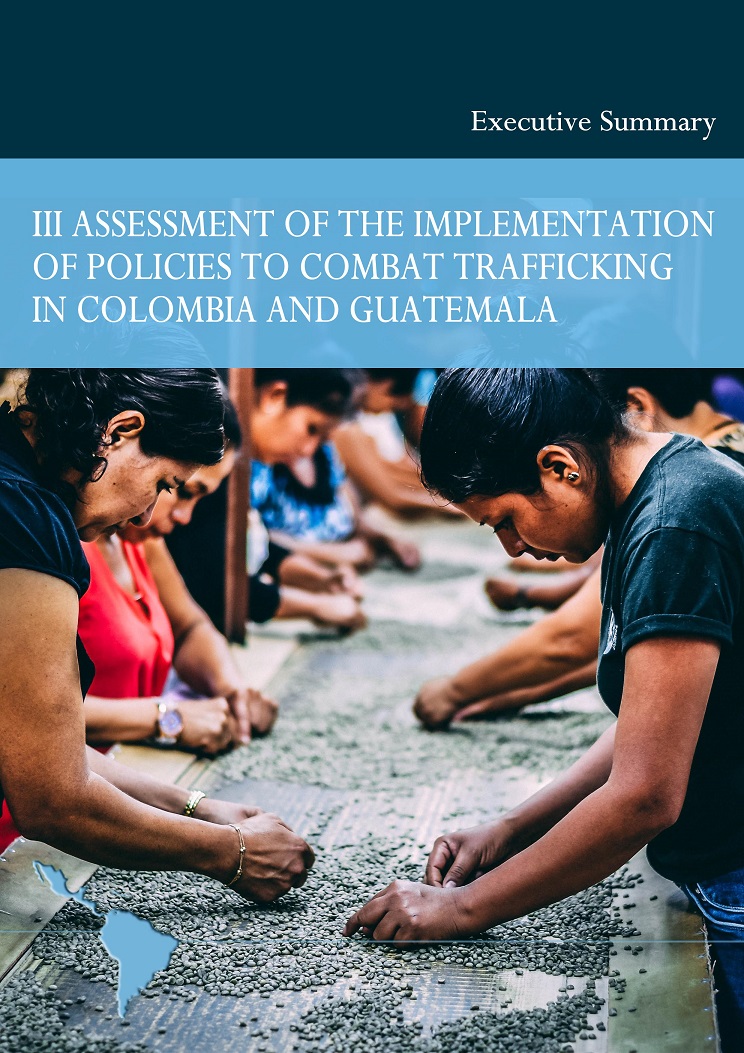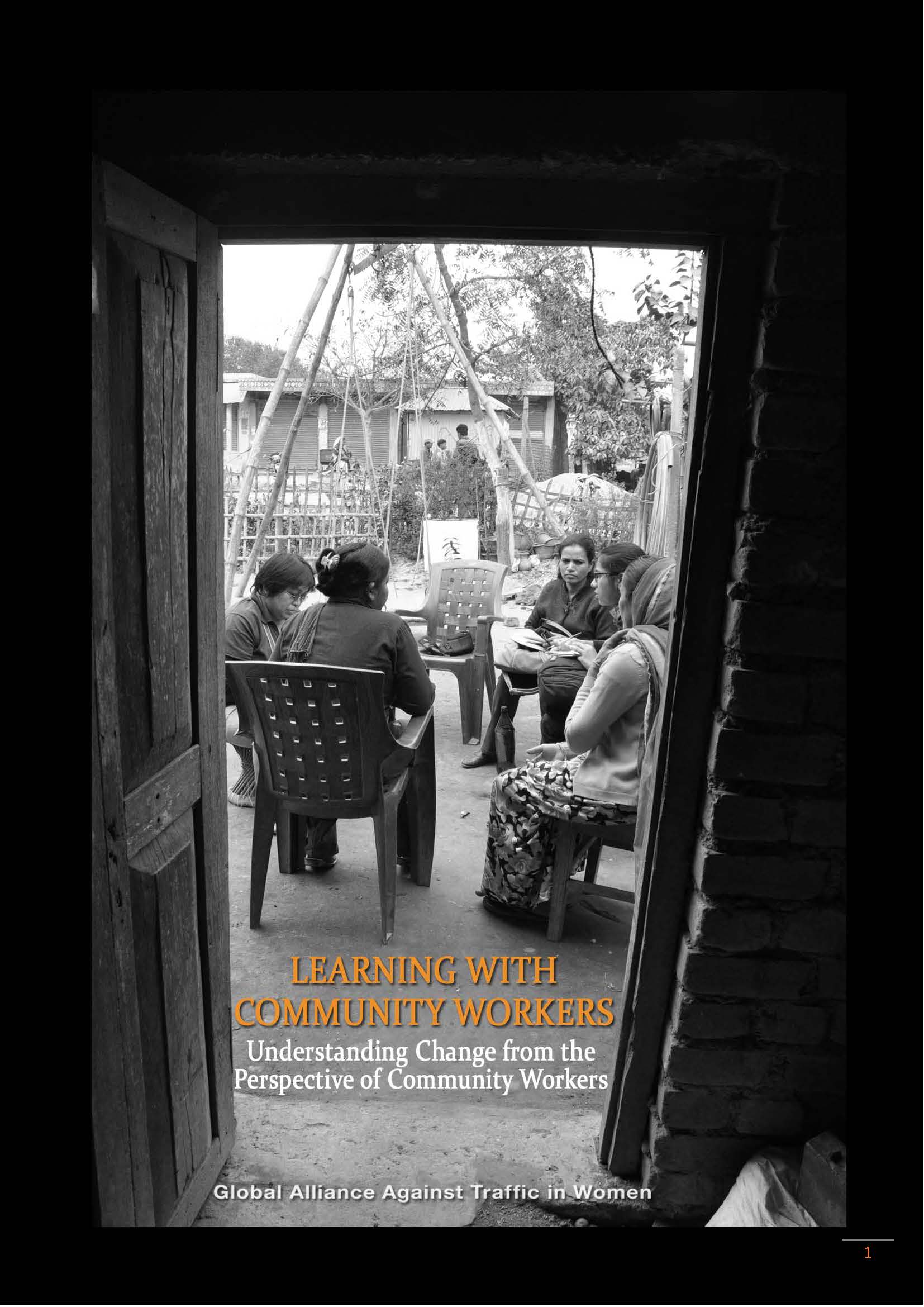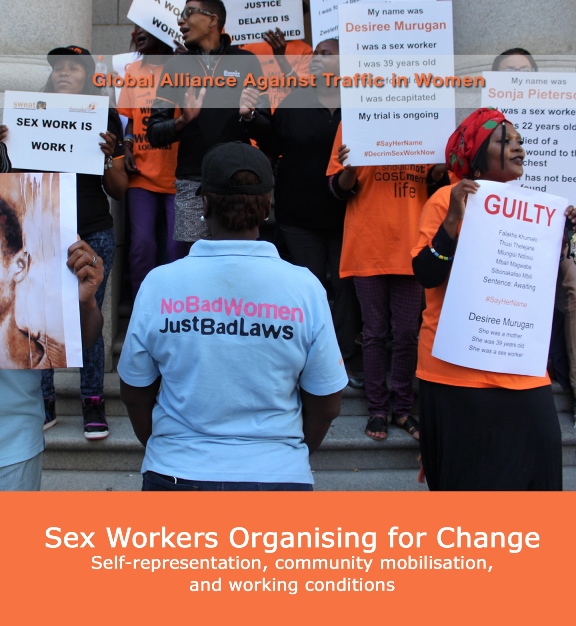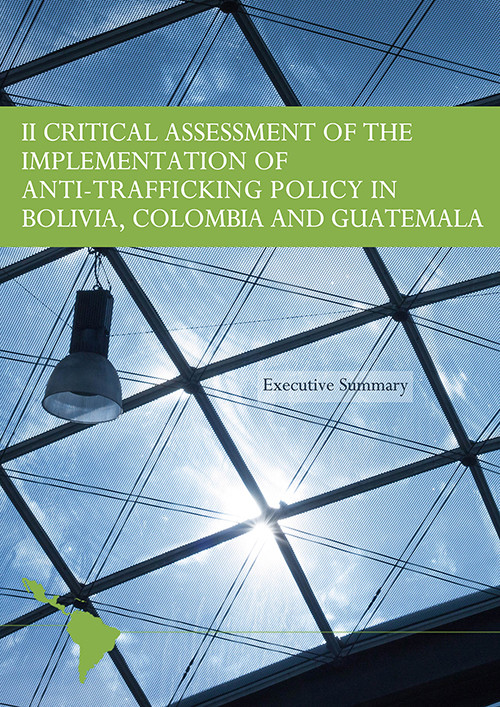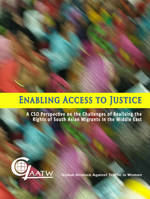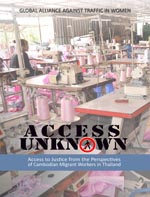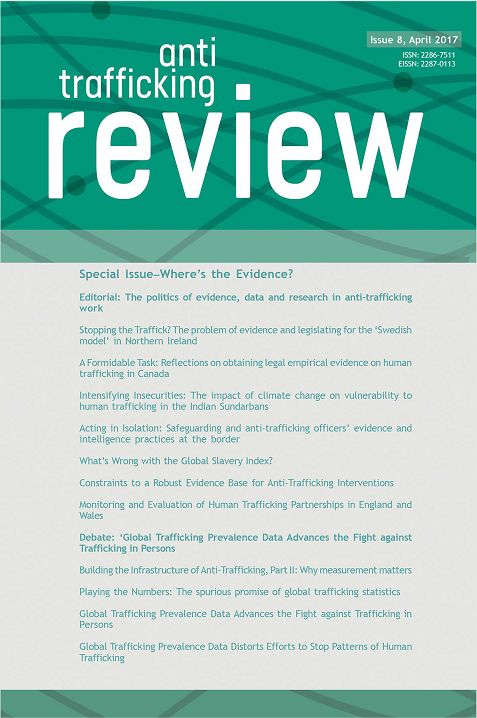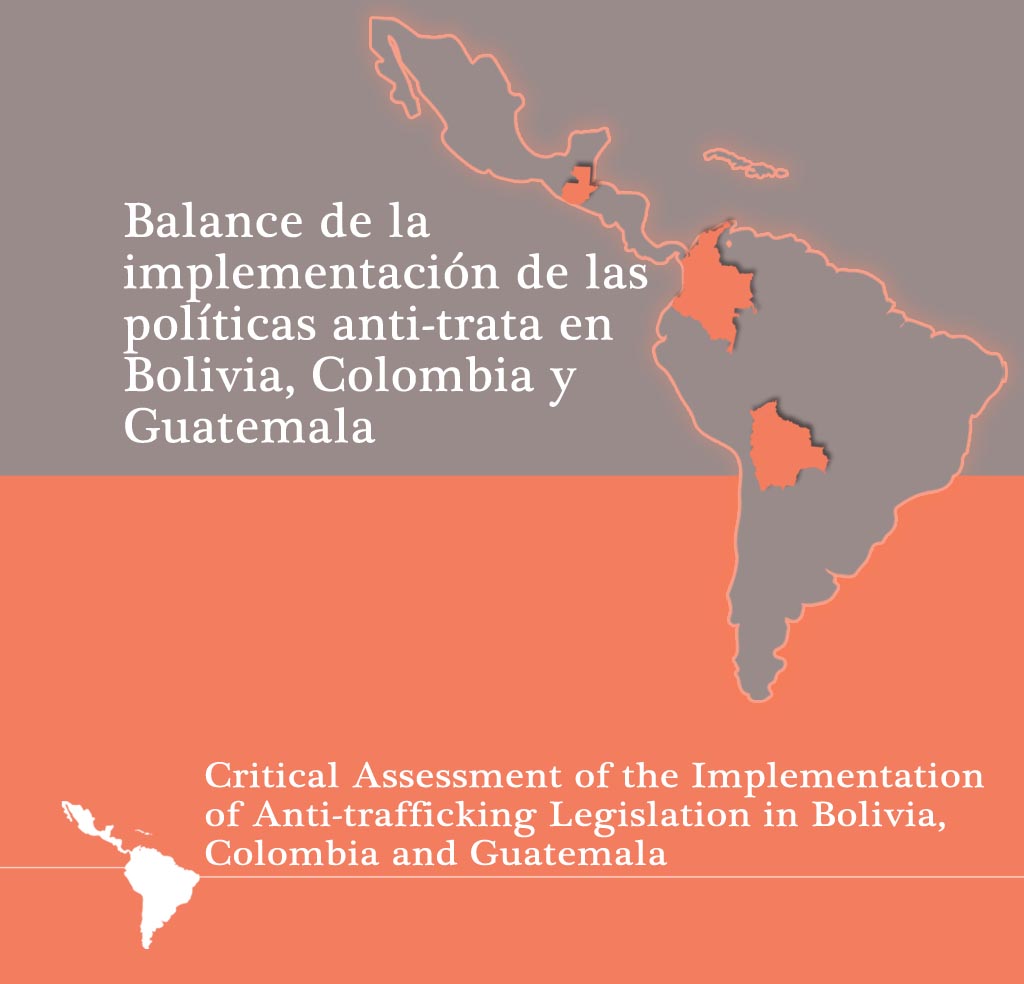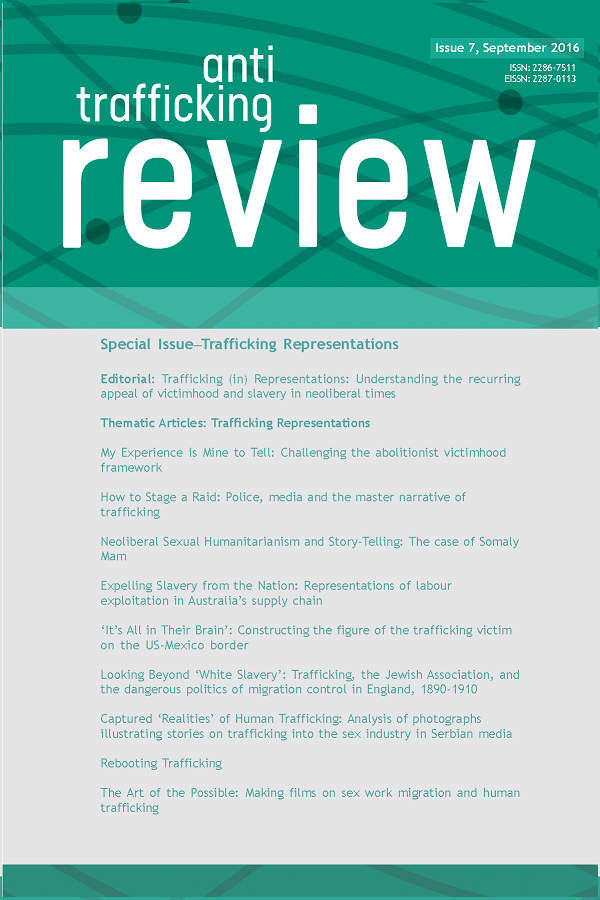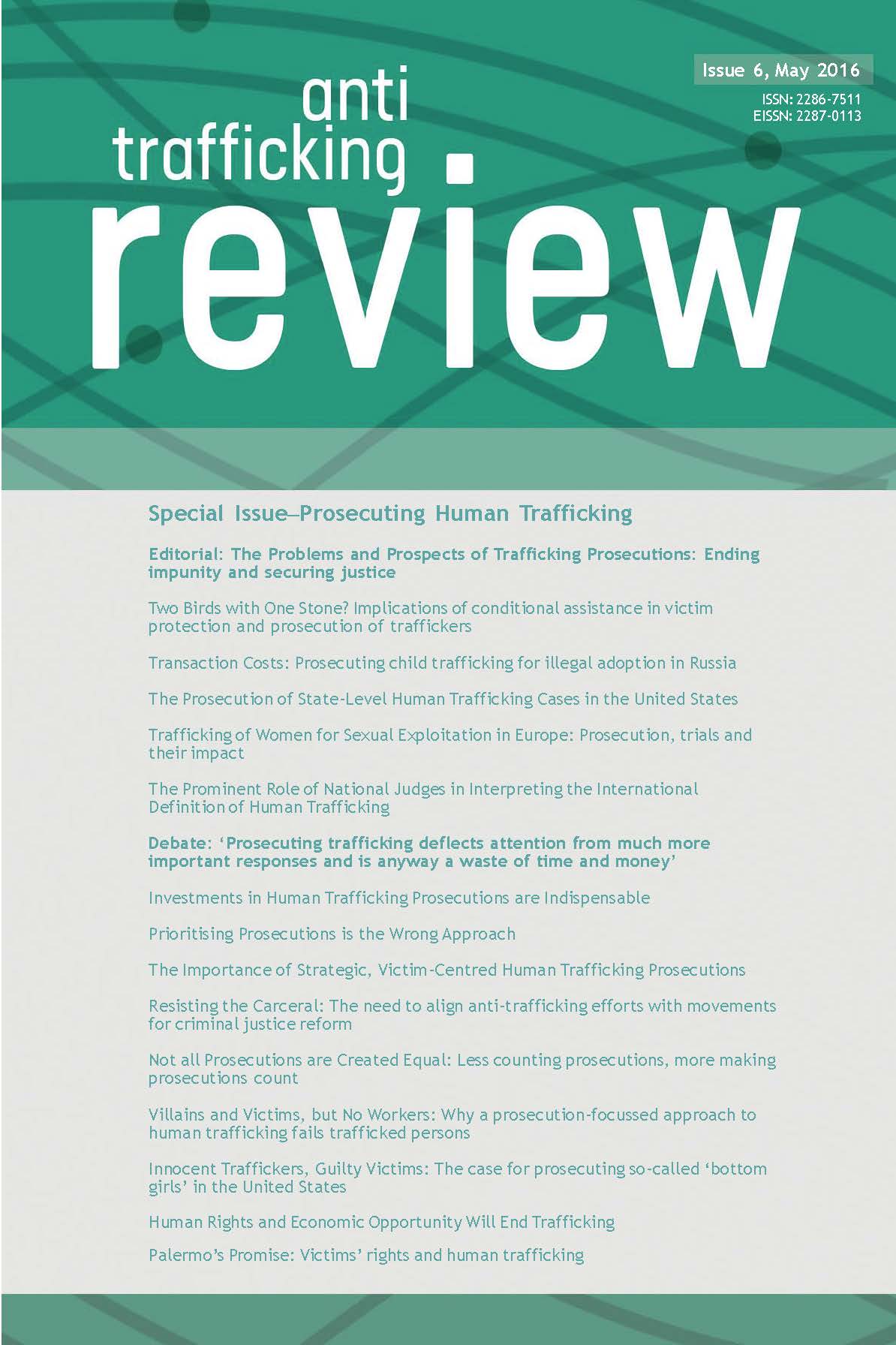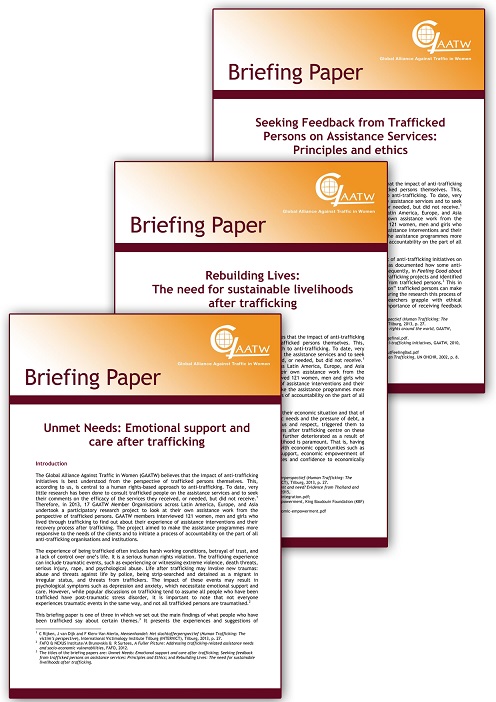Sex Work, Migration, Exploitation and Trafficking
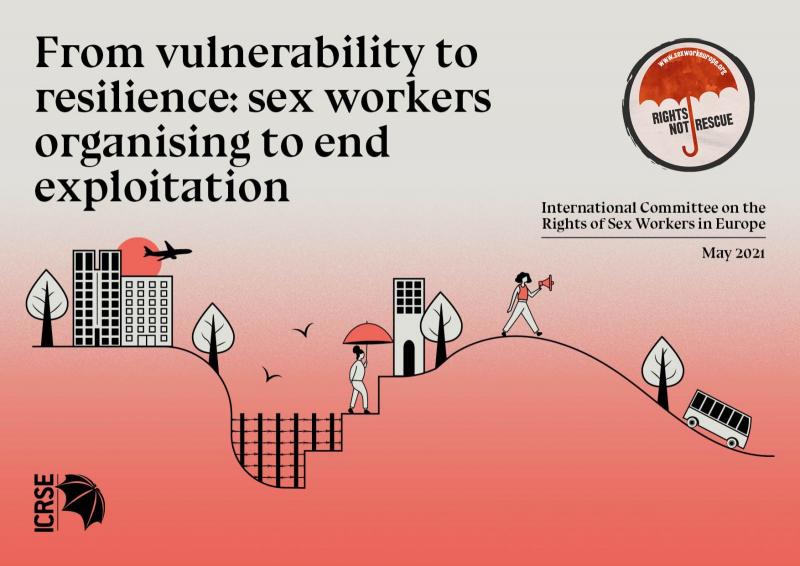 Sex workers globally organise, unionise and develop and share initiatives to protect themselves and their peers from violence, exploitation and human rights violations. Many sex workers’ organisations also play a vital role in preventing children from entering into the sex industry and supporting women who have been trafficked into it. As critical enablers for addressing violence and exploitation in the sex work sector, they contribute to the creation of more resilient communities, despite having no or limited funding.
Sex workers globally organise, unionise and develop and share initiatives to protect themselves and their peers from violence, exploitation and human rights violations. Many sex workers’ organisations also play a vital role in preventing children from entering into the sex industry and supporting women who have been trafficked into it. As critical enablers for addressing violence and exploitation in the sex work sector, they contribute to the creation of more resilient communities, despite having no or limited funding.
ICRSE’s new report, From vulnerability to resilience: sex workers organising to end exploitation aims to support the recognition of the work of community-based and community-led programmes in the field of anti-trafficking. It is addressed to policy makers, experts, and civil society organisations active in countering human trafficking and to sex workers and their organisations to share best practices and effective approaches in eliminating exploitation in the sex work industry. The report has three parts: section 1 explains key definitions and concepts as well as sex workers’ demands; section 2 presents approaches and strategies that ICRSE members carry; finally, Section 3 presents recommendations for policy makers to upscale community resilience and to recognise and support community-led initiatives as important actors in the field of anti-trafficking.
The report was launched at a public webinar hosted by Freedom Collaborative. Speakers included sex workers and other representatives of ICRSE member organisations, academics and anti-trafficking NGOs, including GAATW.
ICRSE also published a briefing titled ‘Tackling Trafficking Under a Decriminalisation Model’. It explores the ways in which decriminalisation of sex work can open new avenues for prevention of human trafficking, identification of victims and their support thereafter, in line with best practice on tackling trafficking. Those who advocate for the decriminalisation of sex work do so on the basis that such a model will support sex workers to have better rights, protections, and working conditions, whilst harms such as rape, assault, trafficking and child sexual abuse remain criminalised in their sector, as in other labour sectors. However, to date there has been limited attention paid to the potential for a decriminalisation model to provide new and valuable tools for prevention of human trafficking into and within the commercial sex sector. The Briefing was developed by Emily Kenway in collaboration with Sex Worker Advocacy and Resistance Movement, Decrim Now and ICRSE.



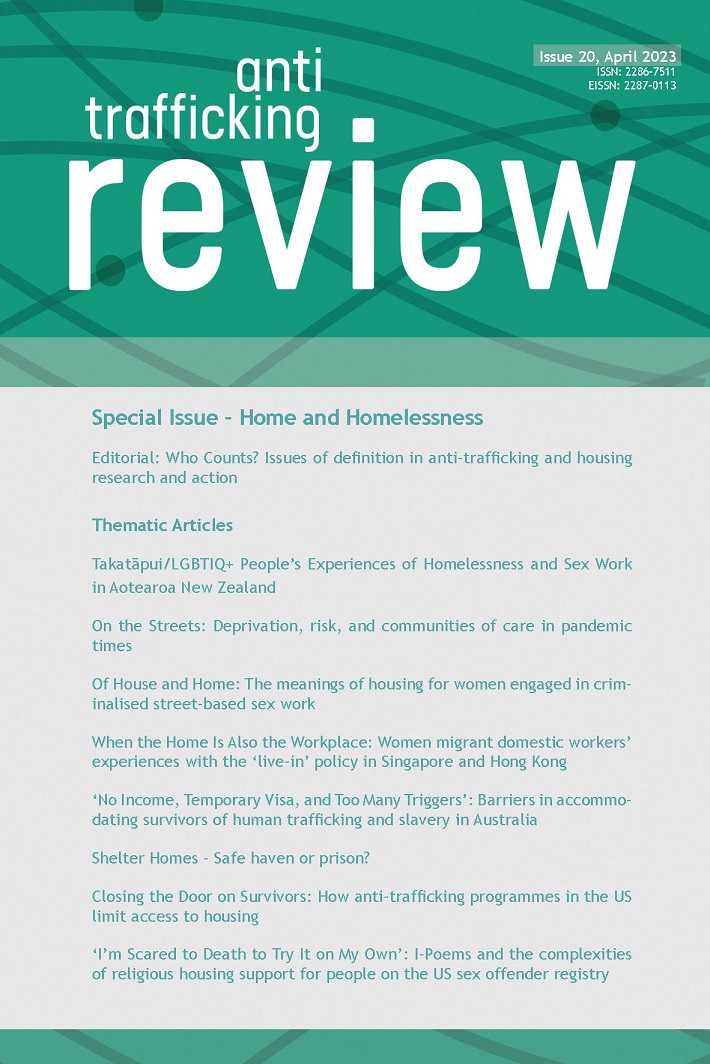
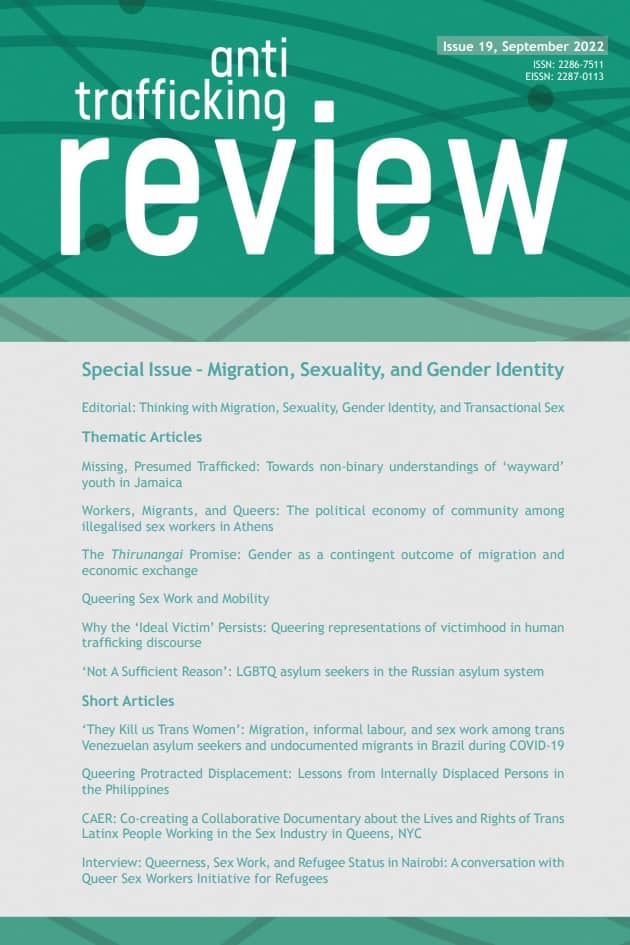
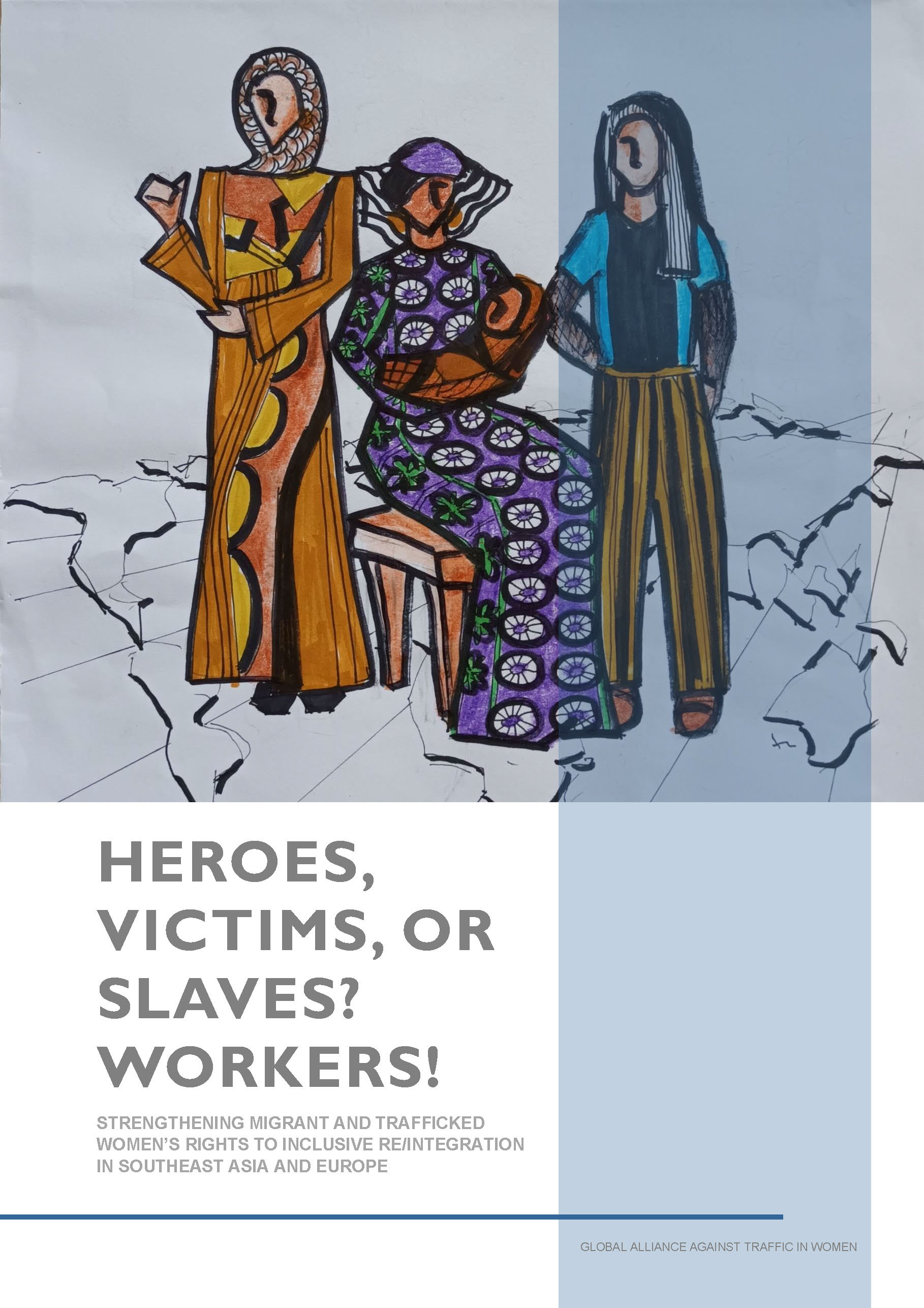
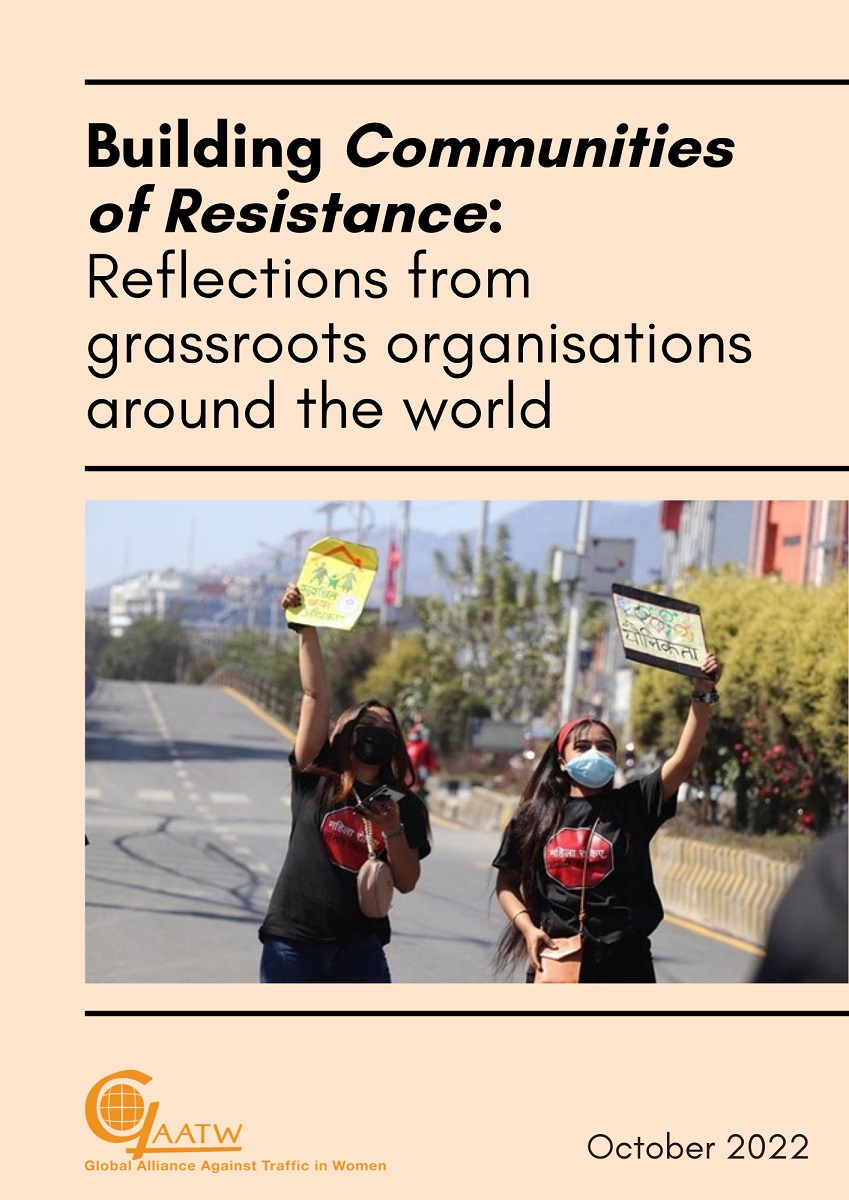
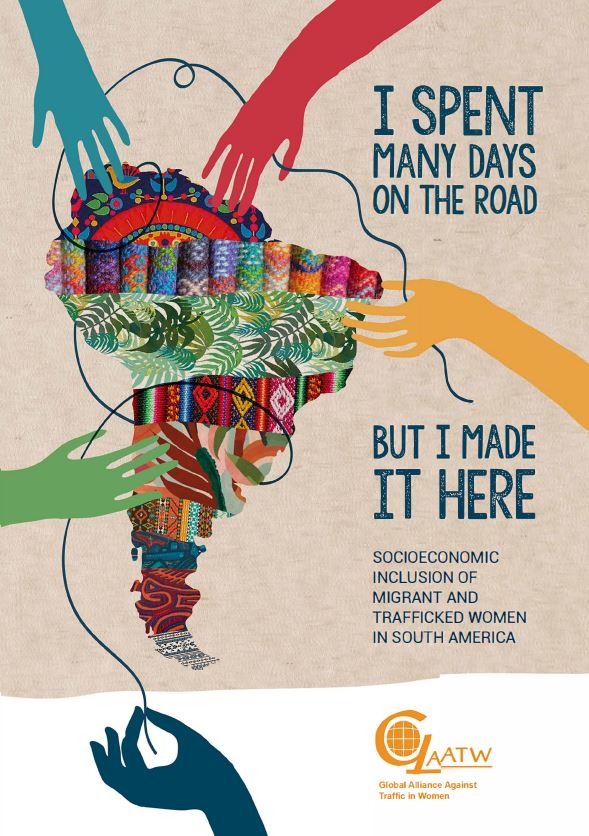
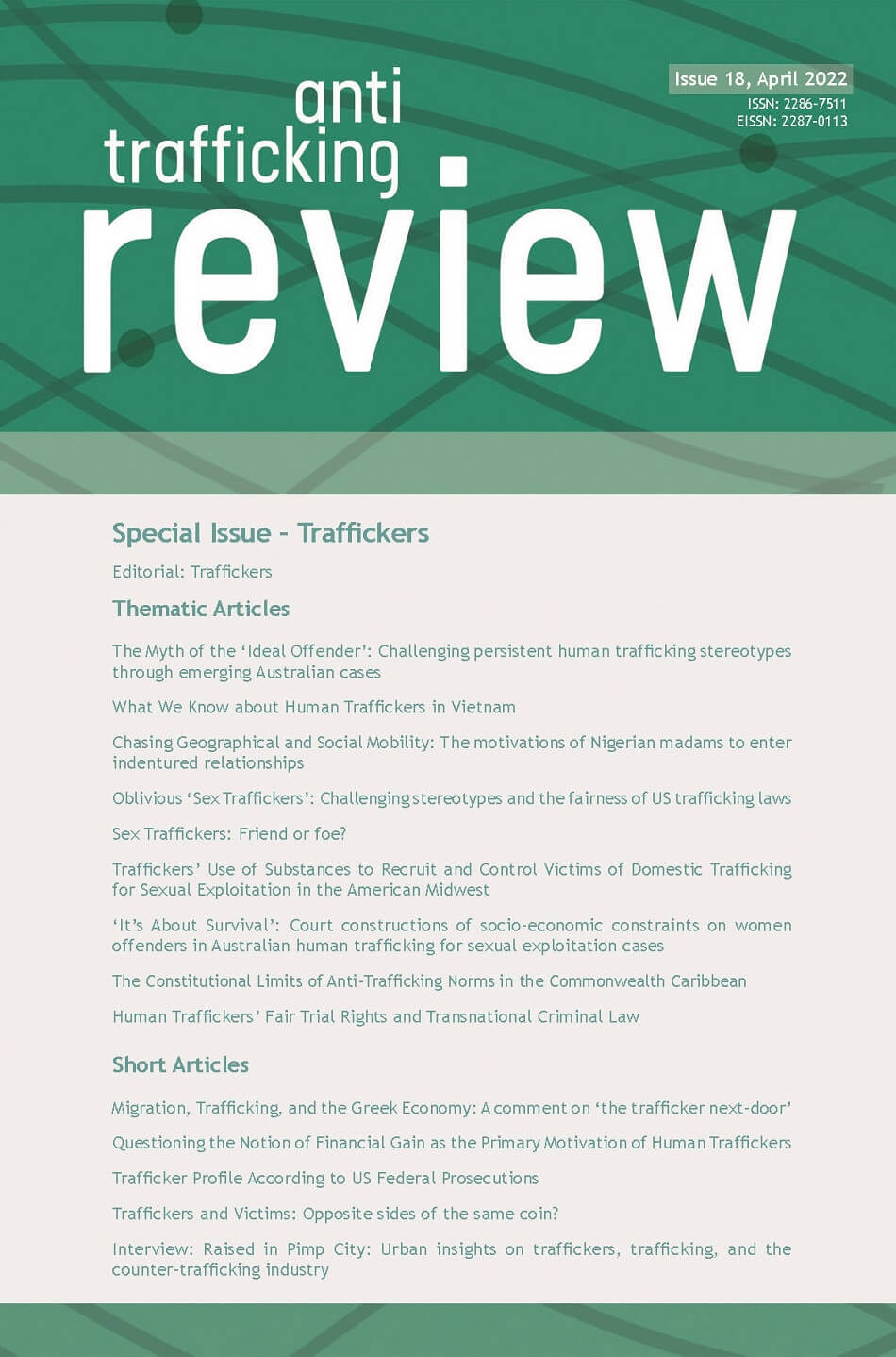
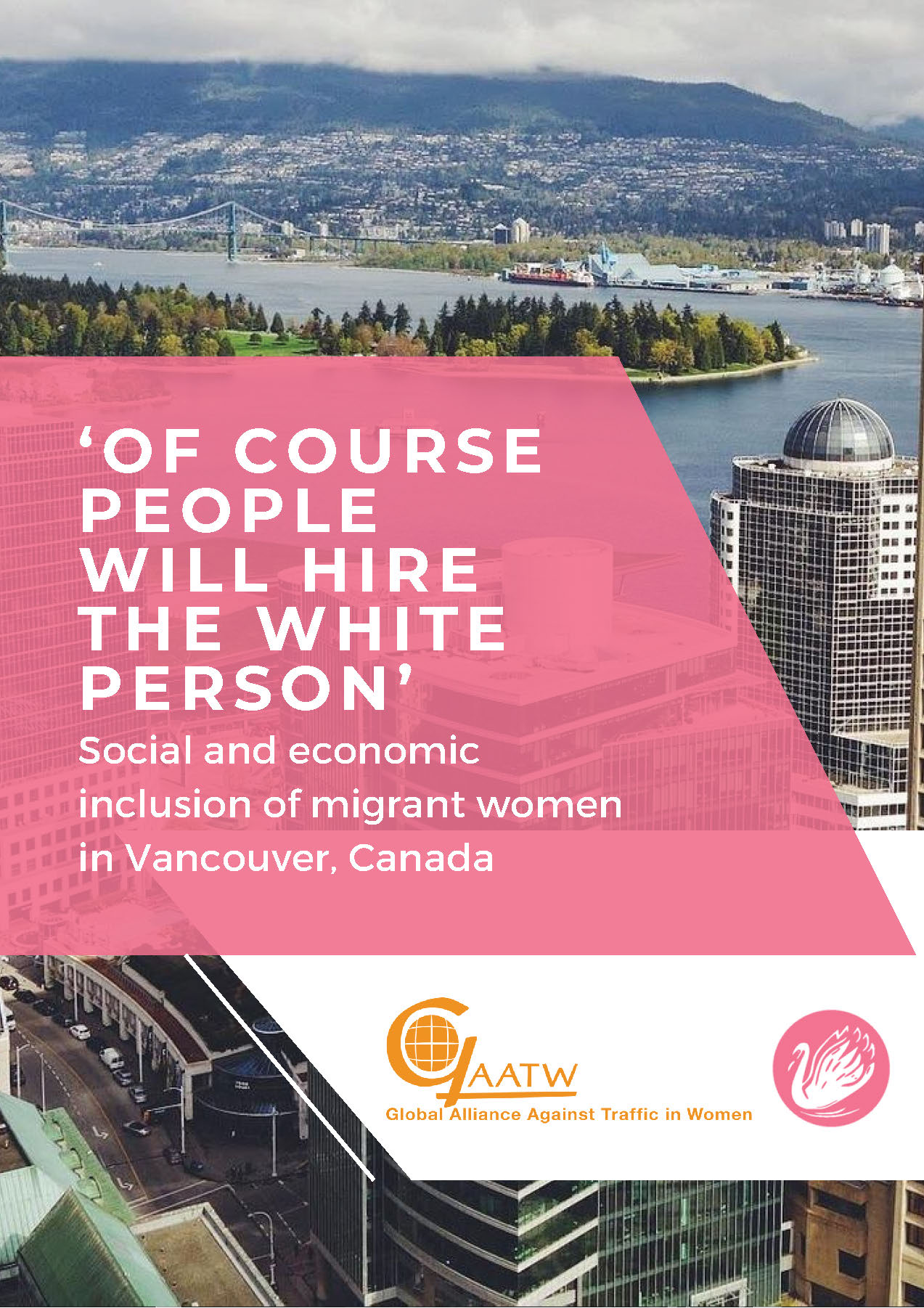
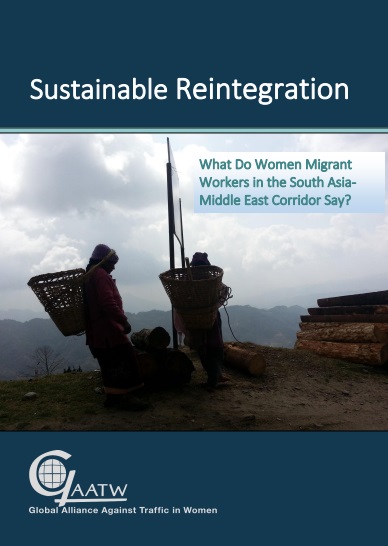
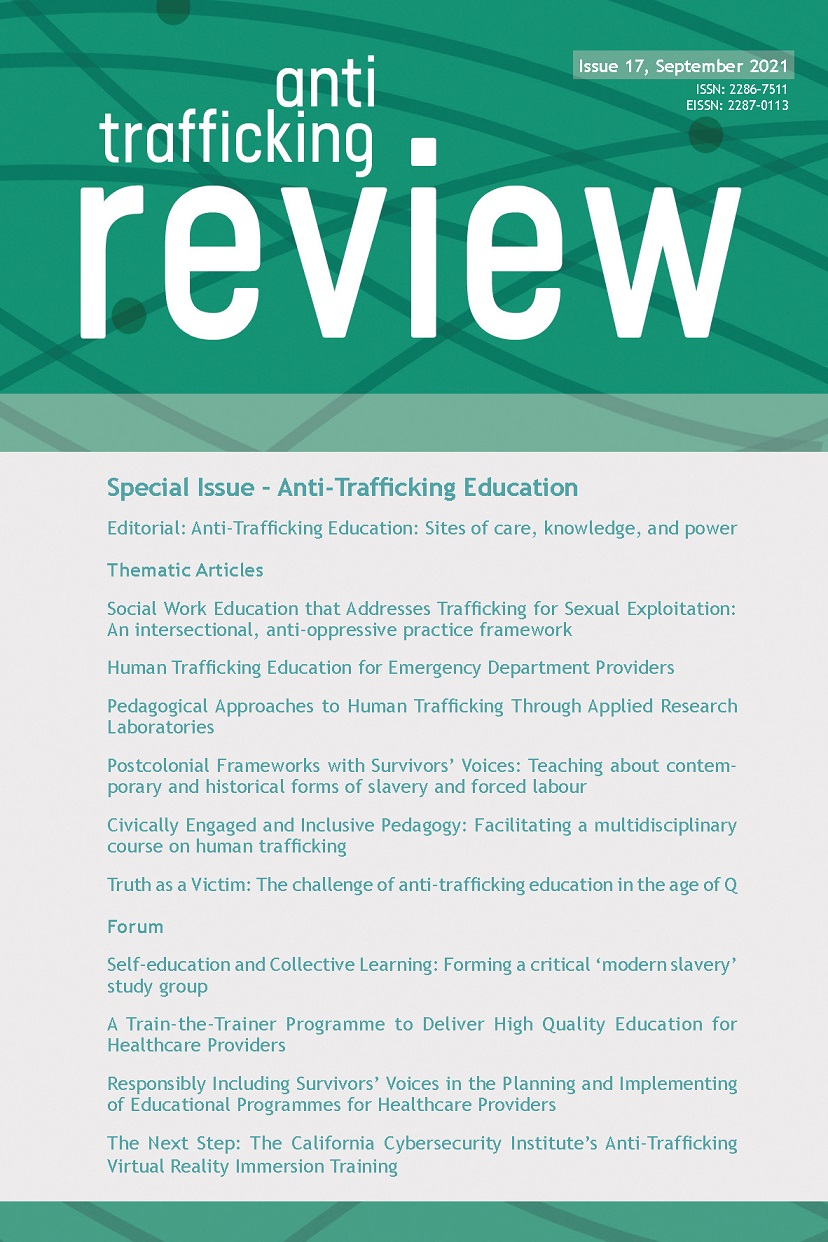
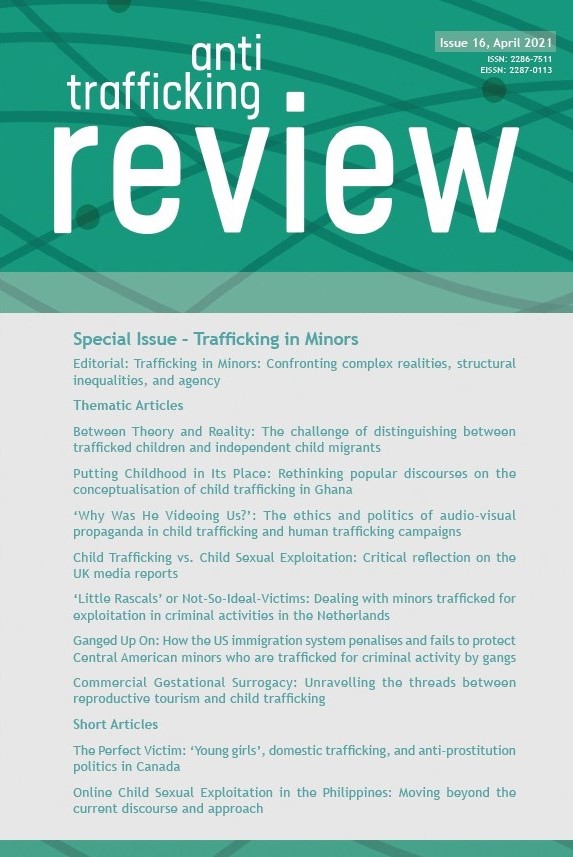
.pdf - Adobe Acrobat Pro 2_8_2021 4_36_32 PM.png)
